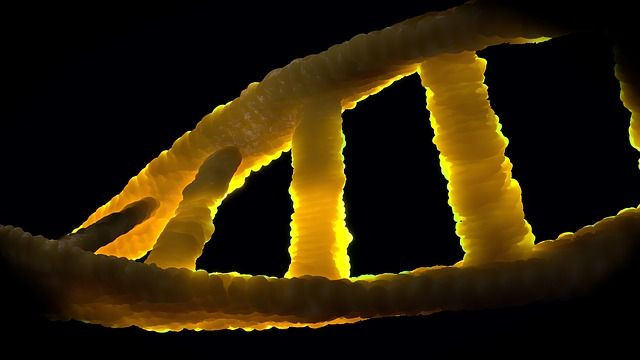Cancer Treatment: Mechanism Allows Indefinite Cell Division; New Finding May Help Combat Disease

Telomeres are tiny little caps found on the ends of our chromosomes which keep our DNA intact, but their role in our health is much more complicated. Recently, researchers from the University of Pittsburgh discovered new information on the behavior of telomeres which could lead to new therapies designed to both help combat the effects of aging and stop cancer growth.
In a study now published online in the journal Nature Structural & Molecular Biology, researchers detail their discovery that telomere shortening sends signals to the cells to stop dividing, which in turn impairs tissue regeneration and contributes to age-related diseases. However, the most striking finding in the study showed that in most cancer cells, the enzymes that lengthen telomeres (called telomerase) are elevated, which allow cancer cells to continue dividing, according to a University of Pittsburgh press release.
“Much to our surprise, telomerase could lengthen telomeres with oxidative damage,” said lead study author Dr. Patricia Opresko in the statement. “In fact, the damage seems to promote telomere lengthening.”
Although it was previously hypothesized in past research that oxidative stress may contribute to telomere damage, the exact extent of this was not clear. They hope that they can use these new findings to their advantage, and now plan to further add to their research by investigating what exactly happens to telomeres when they are damaged, and how the body responds to this damage.
Telomeres are made up of DNA sequences, and each time a cell divides to make a new cell, there is a bit of incidental DNA damage, which the telomeres mostly absorb. As a result, they slightly shorten with each divide.
“The new information will be useful in designing new therapies to preserve telomeres in healthy cells and ultimately help combat the effects of inflammation and aging,” explained Opresko. “On the flip side, we hope to develop mechanisms to selectively deplete telomeres in cancer cells to stop them from dividing.”
Source: Fouquerel E, Lormand J, Bose A, et al. Oxidative guanine base damage regulates human telomerase activity. Natural Structural & Molecular Biology. 2016
Read More:
Childhood Trauma May Shorten Telomeres, Cause Early Aging In Adults: Read Here
Patience Is A Virtue: Impatient People Age At A Faster Rate Than Most: Read Here
Published by Medicaldaily.com



























